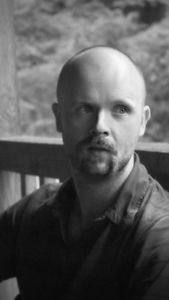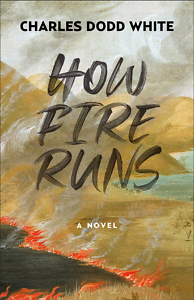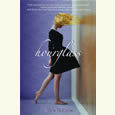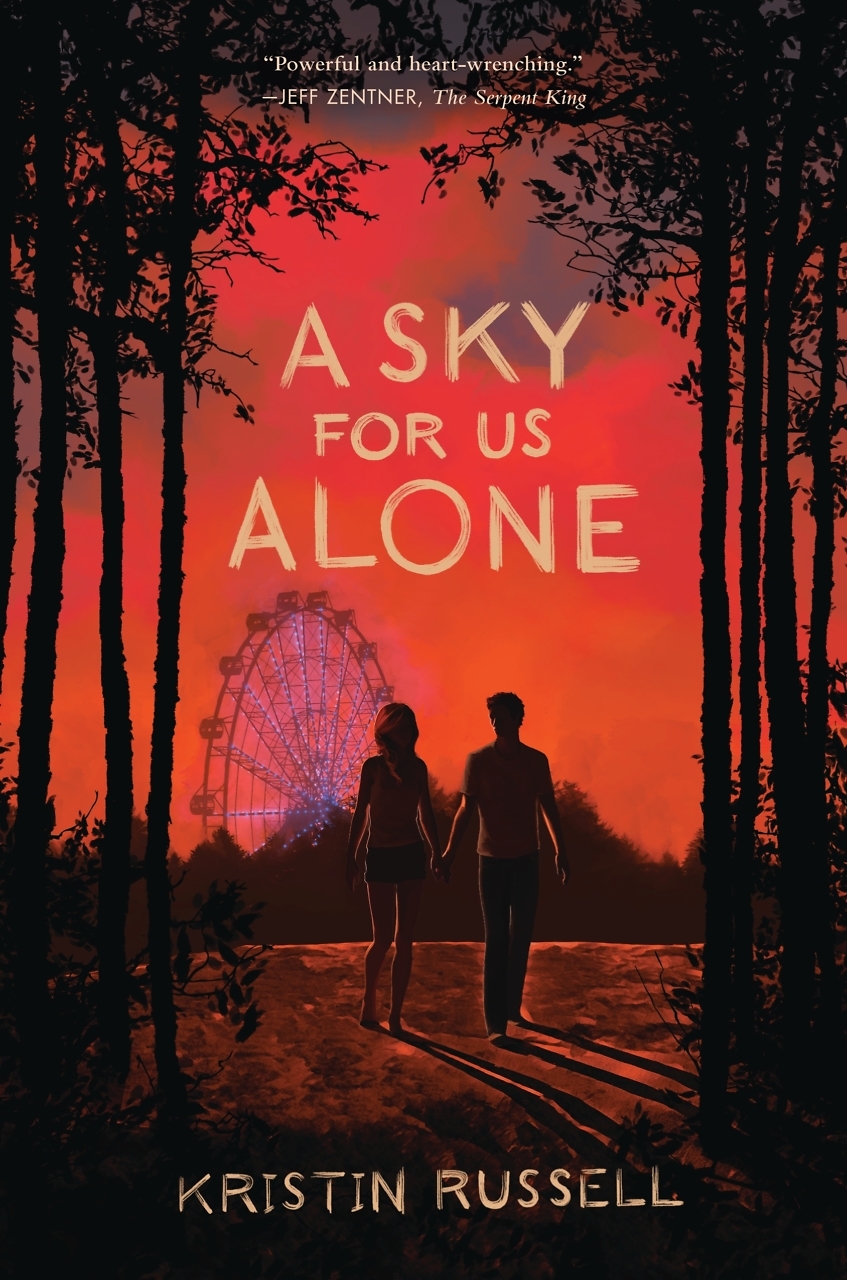Pain and Radiance
White supremacists infiltrate an East Tennessee town in Charles Dodd White’s How Fire Runs
In the opening pages of Knoxville writer Charles Dodd White’s How Fire Runs, a group of white supremacists establish themselves on the grounds of an abandoned mental hospital. From here, on wooded outskirts of a carefully selected town in East Tennessee, their leader intends to rebrand the movement by offering the locals some kinder, gentler Nazis — cool-headed, civically useful, rhetorically skillful. They call their new stronghold “Little Europe.”

Unlike many of the people he has recruited, the group’s founder, Gavin Noon, is a true believer. Surrounding himself with a library of books about fascism and eugenics, Noon has developed a multi-stage plan to infiltrate the local government and beyond. But the first step is to present his group as just another innocuous local organization: “The one thing that could undermine his efforts was haste. Instead, he must remain deliberate, measured. He must not allow others to make him the caricature they would have preferred him to be.”
Noon and his followers have been groomed through various channels to join the sub-world of white nationalism — prison gangs, online message boards, fan fiction, and familial cycles of abuse. The insidious nature of contemporary white supremacist recruiting tactics is revealed in the experience of Harrison, a vulnerable young man whose pragmatic alignment with the Aryan Brotherhood during a prison term becomes the bridge he takes back into the outside. The sheer darkness that’s surrounded him for years has led him to understand a warped sense of belonging, a “belonging that demanded you reject the rest of the world.”
Leading the fight against the threat of this influence are two county commissioners who are already fighting demons of their own. Kyle Pettus is a former Marine who operates a plant nursery and a reforestation program that helps fellow veterans. An engaging character with a strong civic responsibility and a secretive personal life, Kyle finds himself suddenly responsible for the safety of Gerald Pickens, an ornery Vietnam vet who is the only other Democrat on the county commission.
After taking some provoking rifle shots at the Little Europe guys from his porch, Gerald is arrested, providing an unexpected opportunity for Noon to manipulate the ideological conflicts already at work in their community. Kyle and Gerald set about rallying their fellow citizens to stand against the encroaching “infection” of white nationalism. While their own authority on the commission comes into question, they must find a way to prevent their local government from any act, however small, that would lend legitimacy to Little Europe.
These events take place against the backdrop a long drought drying up the county’s mountains, fields, and coves. Every spark threatens to ignite the land. The final third of How Fire Runs hurtles us through an incendiary gauntlet of danger, suspense, and violence. Scene after scene unfolds through well-paced, smartly plotted action, which makes this book tough to put down.
White imbues his prose with deep compassion and finely honed storytelling. These skills were already on display in White’s 2018 novel, In the House of Wilderness, but here they accelerate, fueled by powerful confrontation with the violent racism and environmental hazards that endanger our current national atmosphere. White holds nothing back, and these scenes spark and blaze. As Harrison observes in a dire moment of risk: “Everything was pain and radiance.”
Though the central subject of How Fire Runs exposes chilling realities that threaten the stability of some of our communities, the novel’s overarching vision is not a hopeless one. The people within its world face a struggle to survive. But on the other side of that struggle, the novel suggests, lies the possibility of renewal — if they are willing to confront the darker sides of their own natures and the consequences of their cumulative choices.

Emily Choate is the fiction editor of Peauxdunque Review and holds an M.F.A. from Sarah Lawrence College. Her fiction and nonfiction have appeared in Mississippi Review, Shenandoah, The Florida Review, Atticus Review, Tupelo Quarterly, Bayou Magazine Online, Late Night Library, and elsewhere. She lives near Nashville, where she’s working on a novel.


